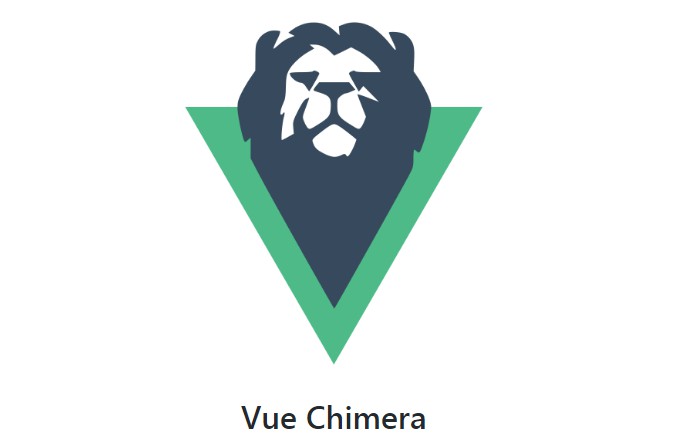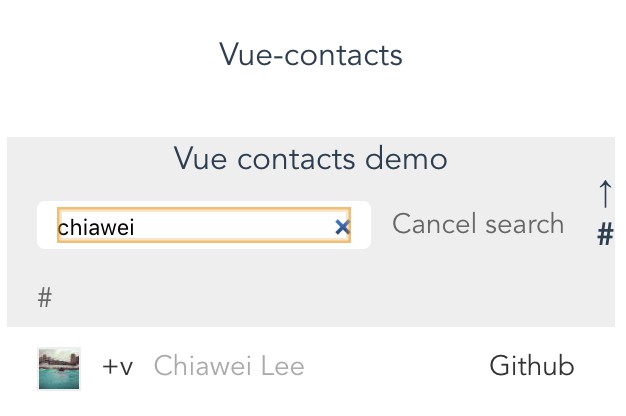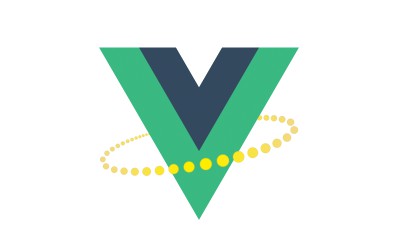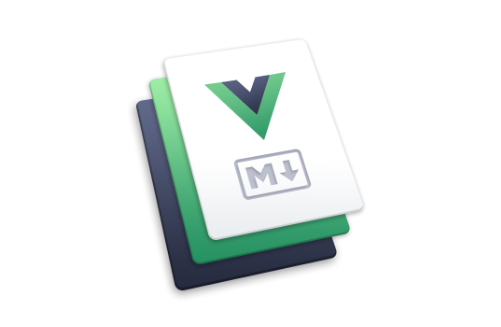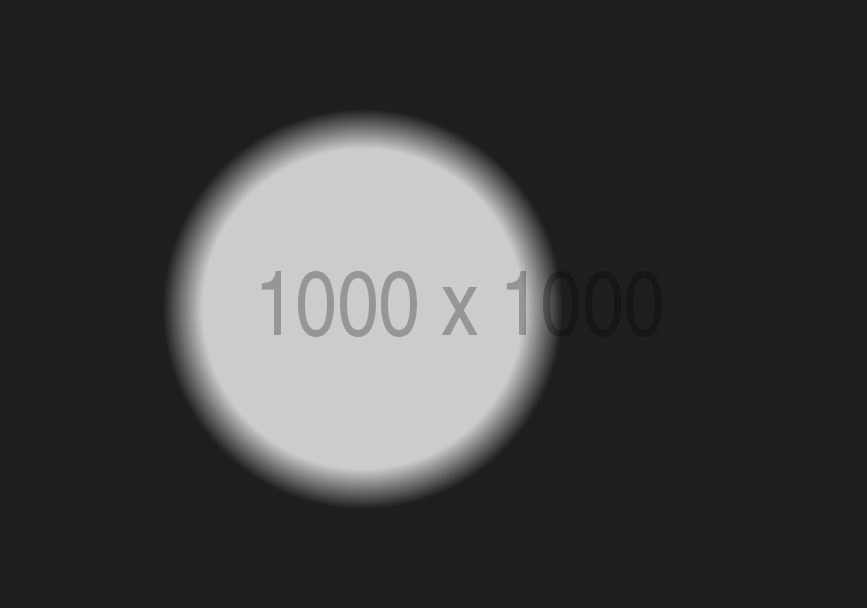Vue Chimera
VueJS RESTful client with reactive features. Vue-Chimera is based on axios http client library.
Overview of features:
- Reactive endpoints and requests based on vue instance data
- Loading flags
- Get time when the resource was latestly loaded
- Set interval time to refresh data on an endpoint
- Simple robust resource definition
- Nuxtjs compatible with Server side prefetching
- Simple cancelation on requests
- Cancel all pending requests on vue instance destroy
- Events and handlings
- Lightweight
Installing
Using npm:
$ npm install vue-chimera
Using bower:
$ bower install vue-chimera
Using cdn:
<script src="https://unpkg.com/vue-chimera@latest/dist/vue-chimera.js"></script>
Getting started
To add vue-chimera to your Vue you must use it as a plugin:
ECMAScript 6
import Vue from 'vue'
import VueChimera from 'vue-chimera'
Vue.use(VueChimera)
If you use old browser style just add vue.min.js and dist/vue-chimera.js script tag to your HTML file and everything would be fine to go on.
Defining Resources
To use Vue Chimera in your vue instance you should add chimera property to root of your vue component instance:
let app = new Vue({
// Chimera property contains all of chimera restful queries/resources and options
chimera: {
// Here you can define your restful resources and api endpoints
resources: {
mySampleResource: '/users'
}
},
data() {
return { ... }
}
})
Vue Chimera automatically converts your resources to Resource Object
Your resources can be:
- A simple string for simple GET requests
- An Object for complex resources like: POST, PATCH, with Parameters, with Headers, Response/Error transformer, Event listeners
- An instance of Resource
- A Function for reactive resources Reactive-Resources
var app = new Vue({
chimera: {
// You can use axios config to set default config for your axios http client library
axios: {
baseURL: 'https://my-domain.com/api/v1',
headers: {
'X-Sample-Access-Token': 'xxx'
}
},
// Or you can directly pass a axios client for more control over your client
axios: axios.create(),
resources: {
users: '/users',
time: {
'url': '/time',
// With interval option set to 5000, resource will be refreshed every 5000 miliseconds
'interval': 5000
},
// a sample POST request
sendPost: {
url: '/posts',
method: 'POST',
params: {
title: 'Sample',
body: '<h1>Vue Chimera is awesome...</h1>'
},
// Set prefetch to false to prevent request from sending on application load.
prefetch: false
}
}
},
data() {
return {
selectedUserID: 1
}
}
})
Now it's time to use our resources in our vue template or inside vue methods.
Use Resources in template
chimera instance can be accessed in templates with $chimera (Dollar sign prepended) or you can get resources by simply type it's name, It had been injected in computed properties by the plugin.
data is the final json result of our restful resource
loading is a boolean flag, identifies the resource is loading.
You can read other resource property and methods here.
<template>
<div>
<!-- `users` is Resource object defined in chimera (same as: `$chimera.users`) -->
<ul v-if="users.data && !users.loading">
<li v-for="user in users.data">
{{ user.name }}
</li>
</ul>
<small v-else>Loading...</small>
</div>
</template>
Use Resources in script
You can simply access chimera instance with $chimera
let app = new Vue({
methods: {
sendUser() {
// Execute function on resources, sends the request and returns a Promise
this.$chimera.sendUser.execute().then(res => {
// You can do other things after request success here.
}).catch(err => {
// Or error handlings
})
}
}
})
Resource properties and methods
| Property | Type | Default Value | Description |
|---|---|---|---|
| data | Object/ Array | null | The resource response object or string returned from server when request is successfull |
| loading | Boolean | false | Indentifies the resource is in loading state |
| error | Object/string | null | Error json object or string returned from server when request failed |
| lastLoaded | Date | null | The date/time from last time resource successfully loaded (null if not loaded yet) |
| status | number | null | Resource response status |
| headers | Object | null | Resource response/error headers |
| Method | Return type | Description |
|---|---|---|
| reload(force) | Promise | Fetches the resource from server. force: True for cache busting |
| execute(force) | Promise | Same as Reload |
| on(event, handler) | Sets an event listener. Events | |
| cancel() | void | Interupts request |
Reactive Resources
You can also set a function to a resource that will return String, Object, instance of Resource same as before,
to let your resources be reactive and change.
let app = new Vue({
data() {
return {
selectedUserId: 1,
postId: 2
}
},
chimera: {
resources: {
post() {
return {
url: '/api/v1/posts',
params: {
postId: this.postId
},
method: 'post',
prefetch: true
}
},
user: () => `/api/v1/users/${this.selectedUserId}`
}
}
})
Note that prefetch evaluates to false, your data will be reactive and change but won't be fetched until you call the reload function of the resource
Chimera instance properties
...
methods: {
send() {
// Global identifier to check if any request is pending
this.$chimera.$loading
// Get the axios client to modify or ...
this.$chimera.$axios
}
}
...
Transformers
Transformers is used to change the response to another format. It would be called before the request response (error or success) is mapped to the data attribute of Resource object.
new Vue({
chimera: {
resources: {
users: {
url: '/users',
transformers: {
response: (response) => {
if (response.user)
response.user.id = 'UID: ' + response.user.id
return response
},
error: (error) => {
error.msg = error.msg || 'Something went wrong'
return error
}
}
}
}
}
})
Events
import { EVENT_SUCCESS, EVENT_ERROR, EVENT_LOADING, EVENT_CANCEL } from 'vue-chimera/src/Resource.js'
new Vue({
chimera: {
resources: {
users: {
url: '/users',
on: {
[EVENT_CANCEL]: (resource) => {
// Calls when a request interrupted and cancelled
}
}
}
}
},
methods: {
// Or listen programmatically
listenToError() {
this.$chimera.users.on(EVENT_ERROR, function(err) {
alert('Oops error occured! status: ' + err.status)
})
}
}
})
Using with Nuxt.js
You can use Vue-Chimera with nuxtjs to use it's SSR features so you can easily prefetch the data.
// nuxt.config.js
module.exports = {
modules: [
'vue-chimera/nuxt'
],
chimera: {
// Server side prefetch will only be available for resources that has `prefetch` and `ssrPrefetch`
prefetch: 'get',
// Enables server side prefetch on resources
// true: fetched on server
// false: fetched on client
// 'override': fetched on server and client (overrided by client)
ssrPrefetch: true,
ssrPrefetchTimeout: 2000 // Server side timeout for prefetch
}
}
You can also disable SSR for some heavy resources
...
resources: {
myResource: {
url: '/api/v1/example',
ssrPrefetch: false // Prefetch disabled on a specific resource
}
}
...
